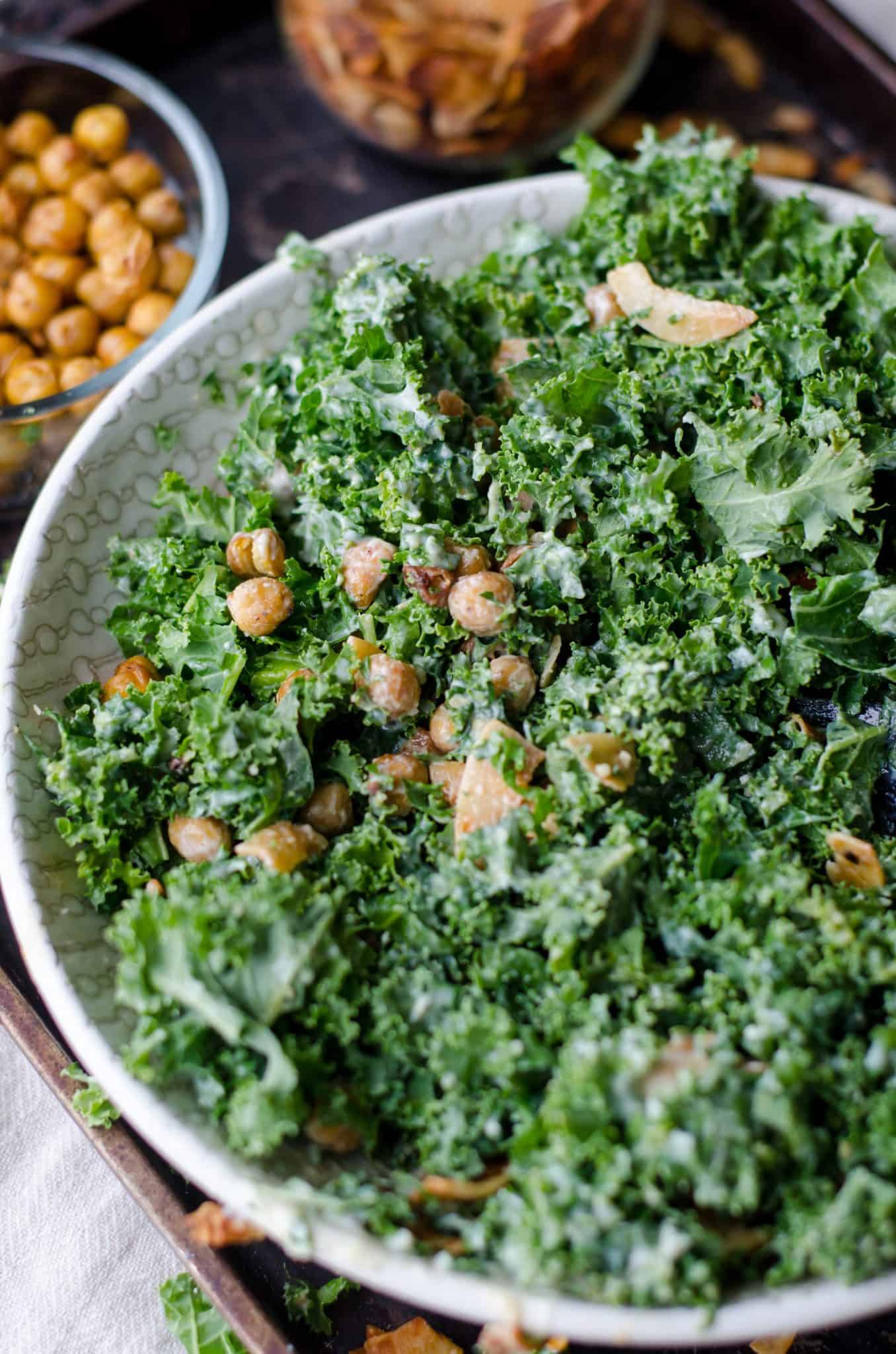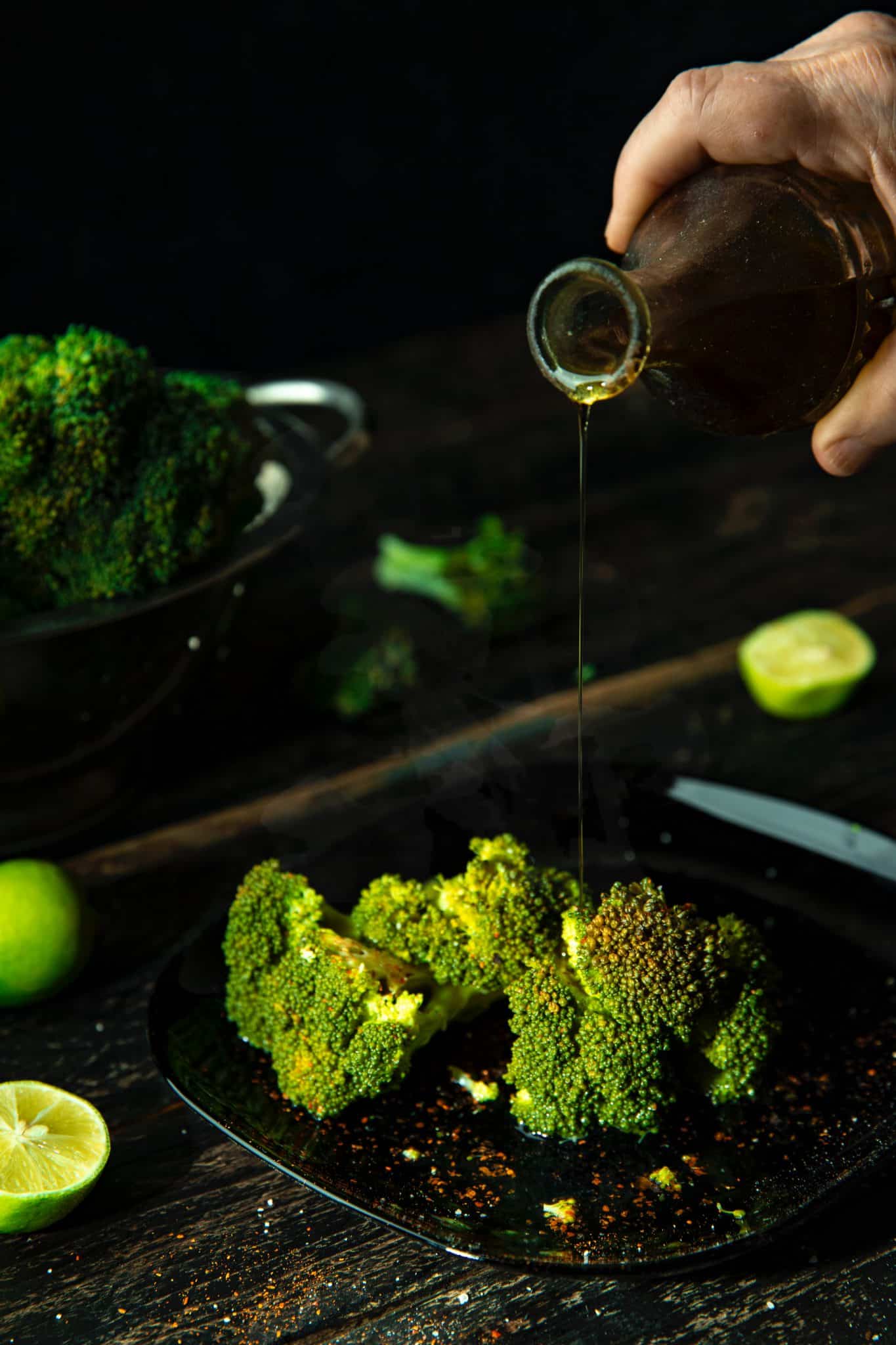Vitamin K is a fat-soluble vitamin that is essential for good heart health. Its main function is to help the blood clot properly. However, vitamin K also plays an important role in the formation of bone and muscle fibers, and may help prevent calcification of arteries, thereby reducing the risk of coronary artery disease (1).
There are several forms of vitamin K. Vitamin K1 is known as phylloquinone, and is the main dietary form of vitamin K. It is found primarily in green leafy vegetables. Vitamin K2 is actually a series of chemical compounds known as the menaquinones, and they differ only in the length of their side chains. They are designated as MK-4 through MK-13. Menaquinones are typically formed by bacteria, and are found in some animal products and fermented foods. The bacteria in our own guts can also produce some menaquinones (1).
As a fat-soluble vitamin, vitamin K is incorporated into a micelle in the gut, which is a vehicle that can transport fatty substances through the body (most of our body is comprised of water; remember that water and fat don’t mix well). Without proper (heart healthy) fat intake, vitamin K absorption may be compromised. The body retains and stores about 30%-40% of ingested vitamin K, and it is found in many parts of the body, including the liver, heart, bones, and brain.

Vitamin K and Blood Thinners
If you’ve been prescribed an anticoagulant (blood thinner), like warfarin (Coumadin), you’ve no doubt been warned about your intake of foods containing vitamin K. This is because warfarin works by limiting the activity of blood clotting factors, so clots don’t form so readily. Since vitamin K’s main function is to help the blood clot, you can see how these two compounds can work against each other.
It used to be recommended that people on warfarin don’t consume vitamin K rich foods. But this advice has been revised. Now we know that what is important is for people on warfarin to consume a consistent amount of vitamin K rich foods. Foods that are high in vitamin K are also rich in other important nutrients.
When you first go on warfarin, your doctor will routinely monitor your blood’s ability to clot (your INR) until the right level is achieved for you. This stabilization is dependent on your vitamin K intake not changing much from day to day. If you suddenly eat more vitamin K rich foods, you may experience dangerous blood clots, and if you suddenly eat less vitamin K rich foods, you may experience dangerous bleeding. It is important to keep your doctor in the loop if your intake of vitamin K changes (2).
Vitamin K does not affect other blood thinners like heparin (2).
What are the symptoms of Vitamin K deficiency
Vitamin K deficiency is rare, and individuals don’t usually show clinical symptoms of vitamin K deficiency unless it’s severe. These patients usually present with excessive bleeding and hemorrhage, or potentially osteoporosis (1).
Few groups are at a high risk for vitamin K deficiency. Newborn infants don’t have any vitamin K stores, so are at an higher bleeding risk (this is the reason infants are usually given a one-time vitamin K injection within the first few days of birth). Another group that are at risk for vitamin K deficiency is those with malabsorptive disorders, like cystic fibrosis, celiac disease, ulcerative colitis, or short bowel syndrome (1).
Because vitamin K is metabolized and excreted so quickly, blood levels aren’t a good indicator of vitamin K status. Testing prothrombin time, or how quickly your blood forms a clot, is the accepted method for testing vitamin K activity in the body. If you have a concern that you may have a vitamin K deficiency, talk to your doctor.
What are the signs of too much Vitamin K
There is no Upper Limit for vitamin K intake. That’s because the potential for overdose and toxicity (outside of warfarin use) is so low. No adverse effects have been reported related to vitamin K containing foods or supplements (3).
How much Vitamin K do I need
Adequate Intake (AI) for vitamin K varies based on age and sex (3). Recommendations are:
- Women over 18 years of age: 90 μg/day
- Men over 18 years of age: 120 μg/day

What heart healthy foods are high in Vitamin K?
Below are some common foods eaten in the US that are high in vitamin K (1). For foods not listed that you may be curious about, visit the USDA’s FoodData Central to search.
- Boiled Collard Greens, ½ cup - 530 μg
- Boiled Turnip Greens, ½ cup - 426 μg
- Raw Spinach, 1 cup - 145 μg
- Raw Kale, 1 cup - 113 μg
- Broccoli, 1 cup - 110 μg
- Roasted Soybeans, ½ cup - 43 μg
- Edamame, ½ cup - 21 μg
- Canned pumpkin, ½ cup - 20 μg
- Pomegranate Juice, ¾ cup - 19 μg
- Raw Blueberries, ½ cup - 14 μg
The best way to ensure you’re getting enough vitamin K for heart health is to consume a variety of whole plant foods daily, with an emphasis on leafy greens. With a little planning, it’s not so hard to get all you need. Be sure to talk with your doctor about any changes in your vitamin K intake if you are on warfarin. As always, if you think you may have a deficiency, or are considering a supplement, talk with your doctor or dietitian to get the most individualized advice for your situation.
If you like Vitamin K and Heart Health, you might also be interested in Iron and Heart Health, and Potassium and Heart Health.

Dianna Reynolds says
Great information Laura! Will pass this on to family and friends.